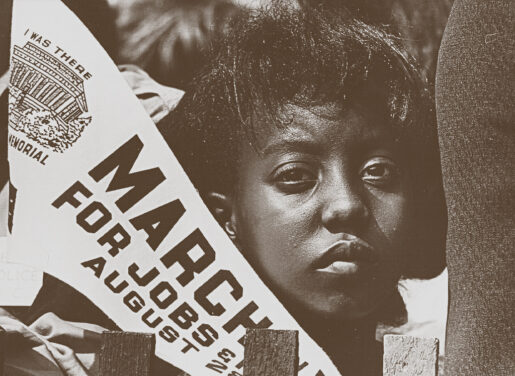Overview
In 1944, Swedish economist Gunnar Myrdal published the influential work, An American Dilemma: The Negro Problem and Modern Democracy. For Myrdal and his collaborators, the central dilemma was the unresolved tension of the “American creed”—the celebration of ideals of equal opportunity and democracy, in the face of deep and enduring racial discrimination and inequality. The dilemma has changed, but it has not receded.
To mark this sweeping study’s 75th anniversary, the Council held “An American Dilemma for the 21st Century,” a full-day conference in New York City that explored the work’s modern-day resonances, and launched a digital platform to host the Carnegie-Myrdal Study of the Negro in America research memoranda collection at the Schomburg Center for Research in Black Culture.
The Carnegie-Myrdal archive contains the output of a stellar team of social scientists who worked with Myrdal to study “the Negro problem” on behalf of the Carnegie Corporation of New York. This digital platform will greatly expand the access that scholars and the general public have to these materials. In doing so, it increases the visibility of the “hidden figures,” those scholars who worked alongside Myrdal, but whose roles are lesser-known. The collection provides insight into the methods and methodology of those involved. It also makes available lines of inquiry that did not find its way into the final draft of the book.
These archival materials are already being taken up by researchers examining persisting racial inequality in the United States. A recent book by Rajiv Sethi and Brendan O’Flaherty, titled Shadows of Doubt: Stereotypes, Crime, and the Pursuit of Justice, draws on data on police contact in Black communities from a 1940 memoranda by sociologist Arthur Raper.
With Support From:
Program for Economic Research, Columbia University
Schomburg Center for Research in Black Culture
Carnegie Corporation of New York
Department of Economics, Columbia University
Institute for Social and Economic Research and Policy, Columbia University
Division of Social Science, Columbia University
Center on African American Politics, Columbia University
Institute for New Economic Thinking
Russell Sage Foundation
